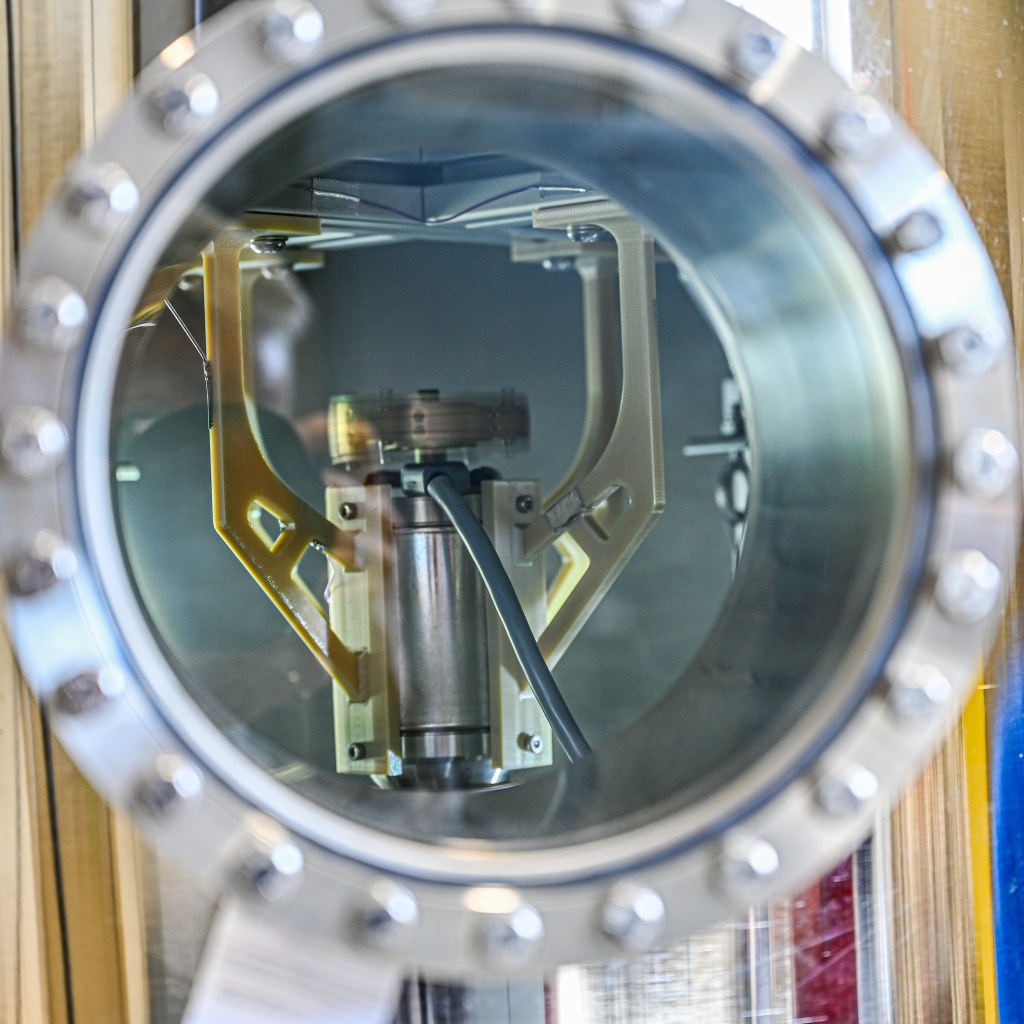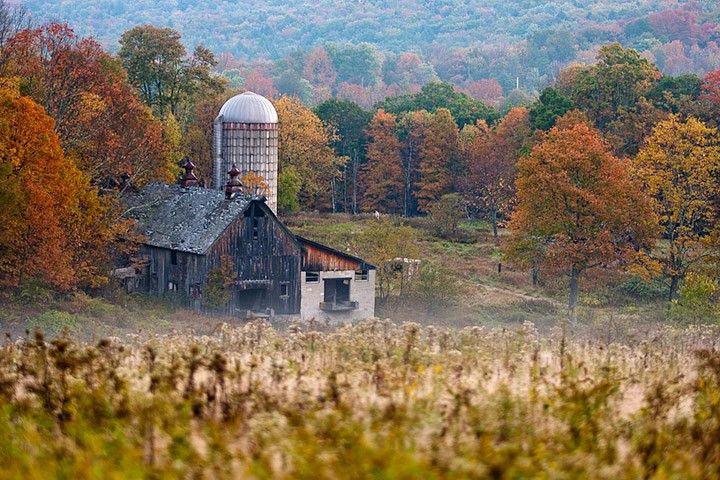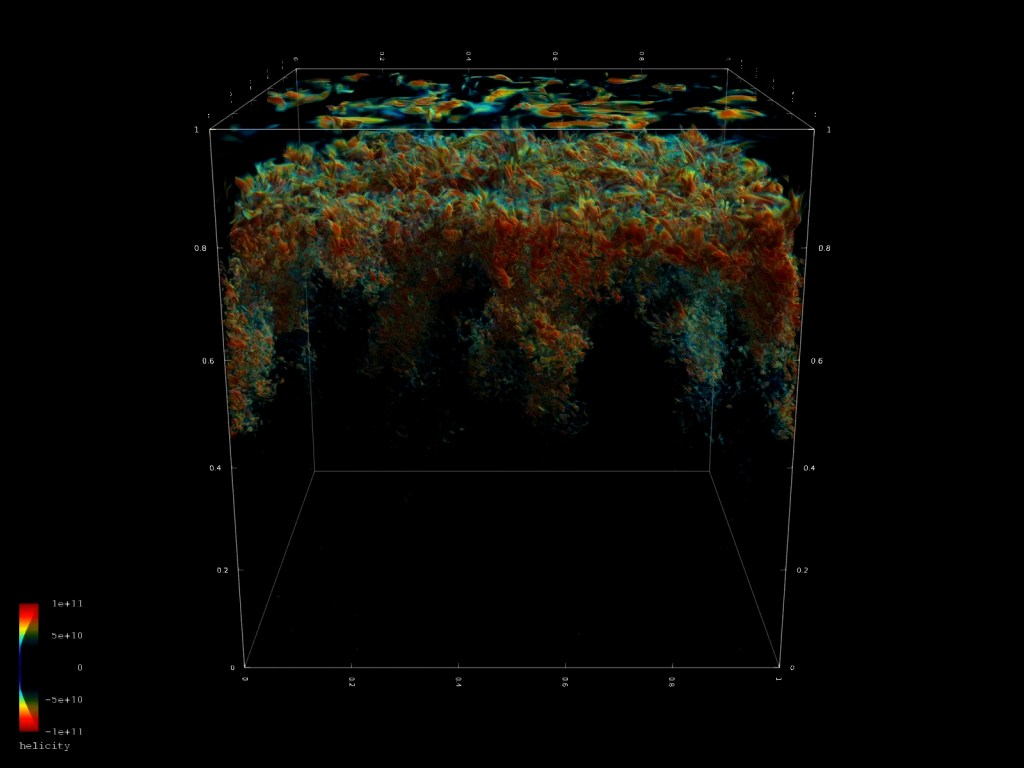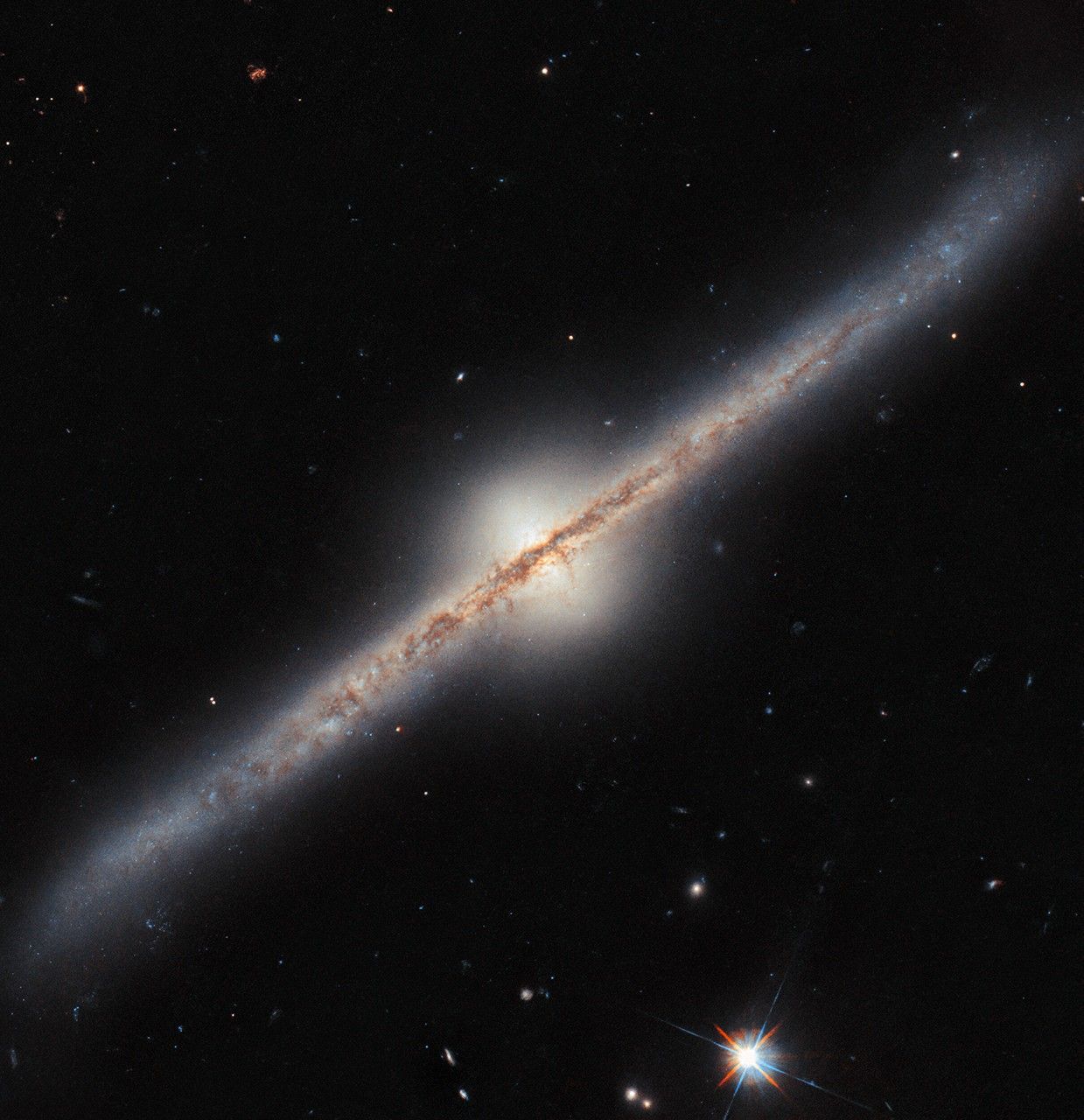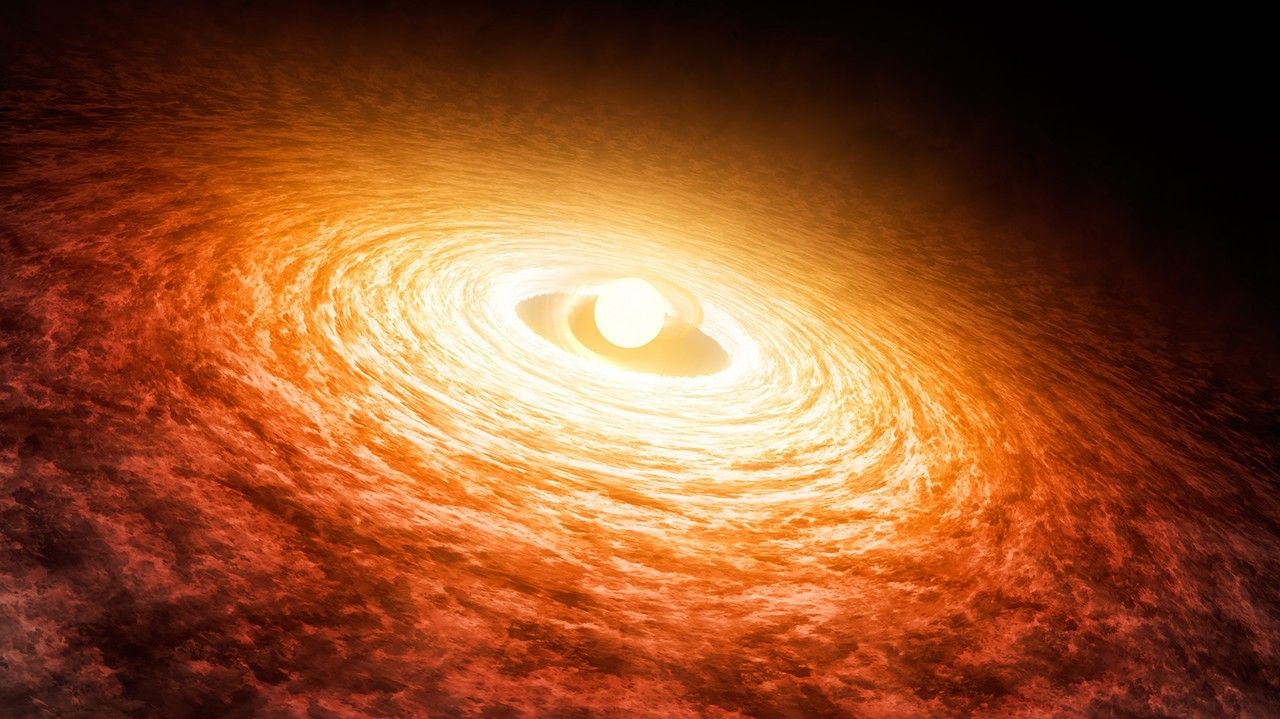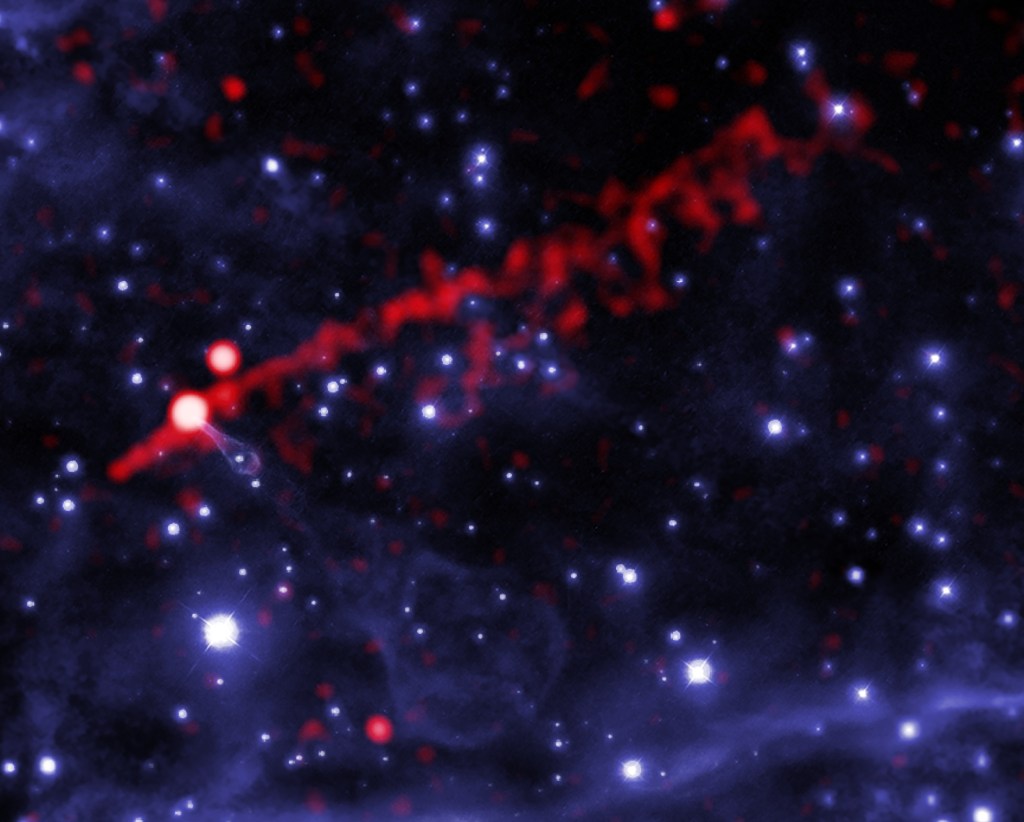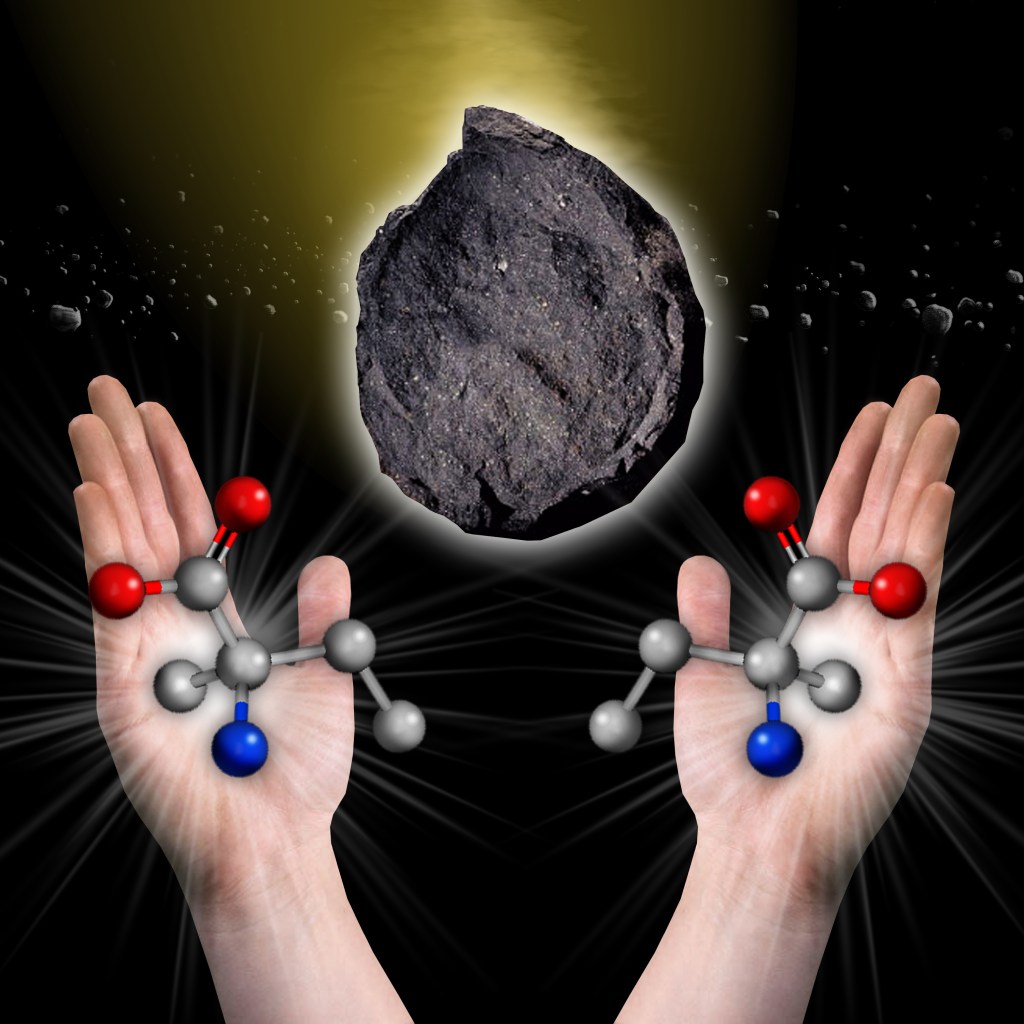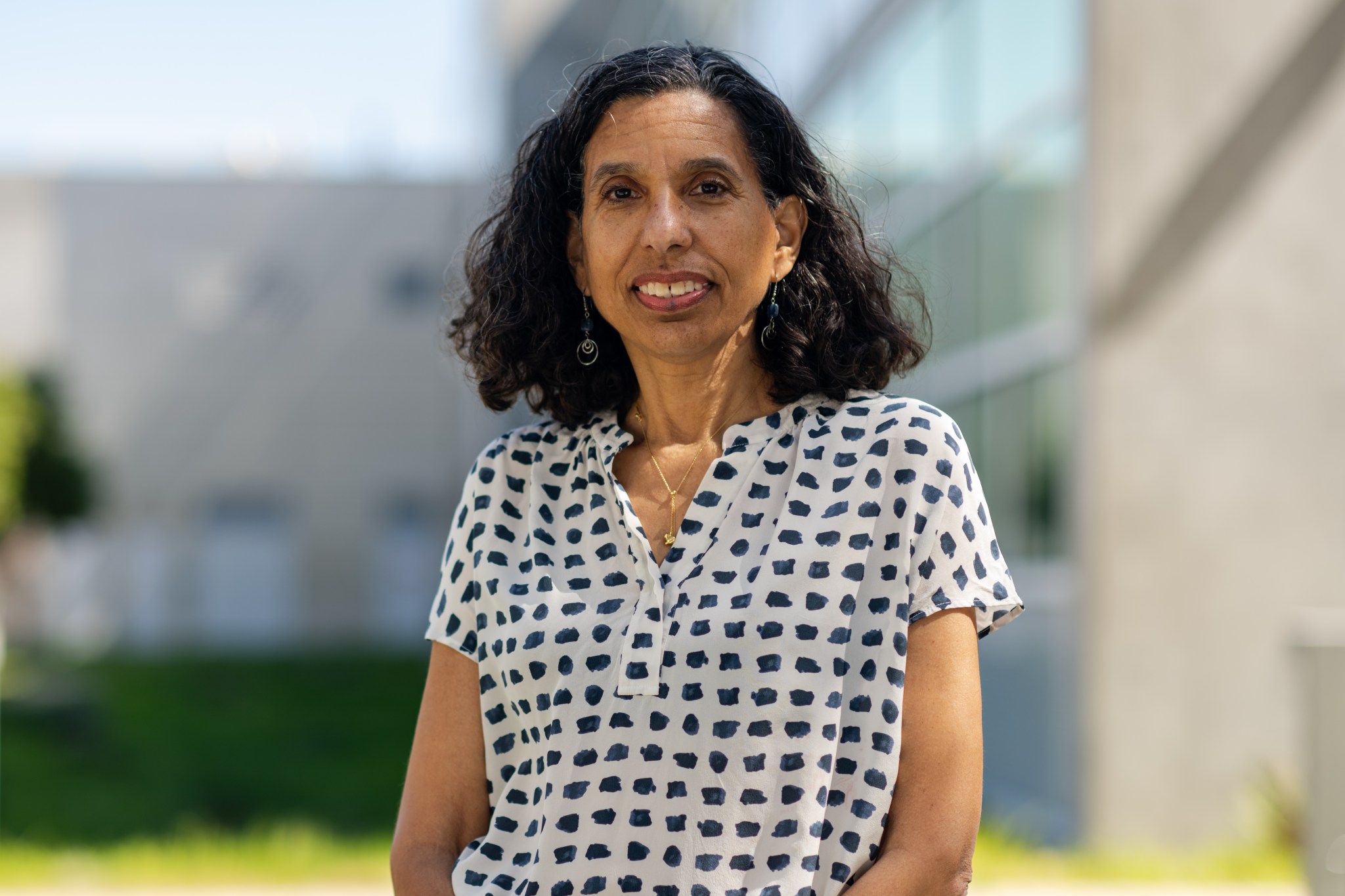“One of my proudest, happiest moments was watching an early-career researcher, who I met first when she was a graduate student conducting research and working on some new, innovative equipment. She was going to give a demonstration to a group of visitors, and as happened with me many times, everything works perfectly until the people show up – and the equipment wouldn’t do anything. So she took a few deep breaths and explained what we would have seen.
“And then she actually became a NASA Postdoctoral Program fellow. And I watched her scientific growth and her confidence increase, and I watched her research transition through different areas until … she finished her postdoc and she got a fellowship to do some additional work in another institution.
“And then we were both at a conference one time, and she pulled me over and she said, ‘Melissa, I just got a call,’ and she got this enormous grant … and I realized, ‘She has launched!’ … It was cool to watch the positive things. It was important for people to be there for her, to help her through the difficult times and tell her she could do it and [say], you know, ‘Just give it some more time.’
“She has become just like a force. She’s become one of the leaders in the astrobiology community, and I got to participate in all of that. And I’m so happy, and I know that there are going to be a ton more people who will follow in her footsteps, and I hope that I can interact with them also.
“… I’ve just seen such tremendous things happen since I’ve been part of the Astrobiology Program, and that’s why I’m pretty confident we’re going to find life elsewhere, because there are just so many brilliant people working on this.”
— Melissa Kirven-Brooks, Exobiology Deputy Branch Chief and Future Workforce Lead of the NASA Astrobiology Program, NASA’s Ames Research Center
Image Credit: NASA / Brandon Torres
Interviewer: NASA / Michelle Zajac





